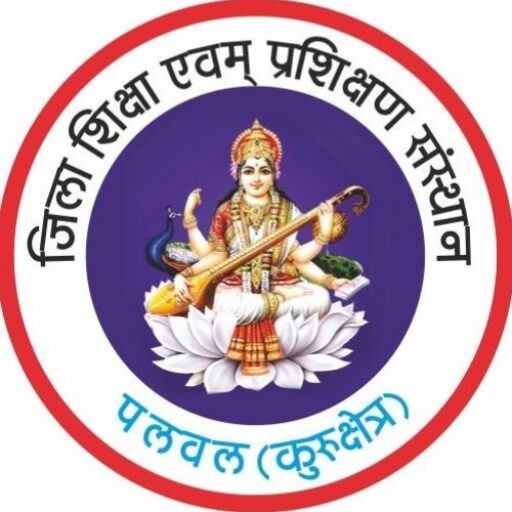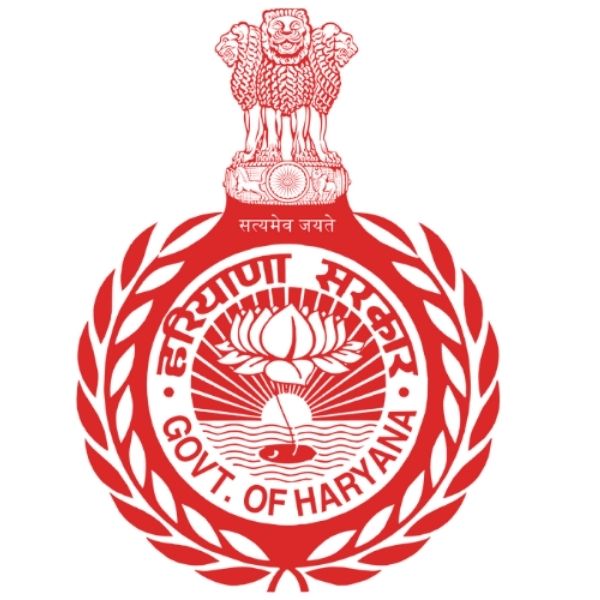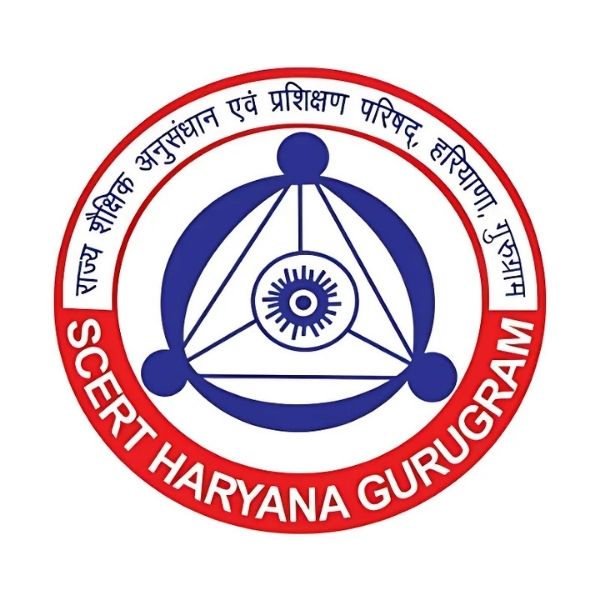Design:
DIETs are a part of a larger strategy to achieve national goals in the areas of elementary and adult education and function according to the needs of individual states & districts.
Pace-setting Role:
Pursuit of excellence would have to inform all activities of the DIETs. In this context, it will have two interrelated aspects:
❖ Excellence in the Institute’s own work
❖ Helping the foundational to secondary education systems in the district in achieving excellence in the light of NEP 2020
In this context, DIETs would have a very important pace-setting role to play. They are expected to become models for other educational institutions in the district in terms of:
- Meticulous, efficient and effective planning and execution of functions
- Harmonious and creative organizational climate
Maintenance of a clean and attractive campus
Transactional Philosophy:
A DIET has three main functions:
1. Conduct training and orientation of the following target groups:
➢ Elementary school teachers (both pre-service and in-service education).
➢ Headmasters, Heads of school complexes and officers of Education Department up to block level.
➢ Anganwadi workers and functionaries of ICDS department pertaining to Pre-primary education / ECCE.
➢ Instructors and supervisors of non-formal and adult education (induction level and continuing education).
➢ Members of School Management Committees (SMCs), community leaders, youth and other volunteers who wish to work in the field of education.
➢ Resource persons who conduct suitable programmes for the target groups mentioned at (I) TO (VI) above, at centres other than the DIET.
2. Provide academic and resource support to the elementary (now foundational to secondary) education systems in the district in the light of NEP 2020 and adult education systems, e.g. :
➢ Extension activities and interaction with the field.
➢ Provision of services of a resource and learning centre for teachers and instructors.
➢ Development of locally relevant materials, teaching aids, evaluation tools, etc.
➢ Serving as an evaluation centre for elementary schools (now foundational to secondary schools in the district in the light of NEP 2020) and Programmes of NFE/AE.
3. Action research and experimentation:
To deal with specific problems of the district in achieving the objectives in the areas of elementary (now foundational to secondary education systems in the district in the light of NEP 2020) and adult education.
Linkages:
Every DIET should establish a close and continuing dialogue with the field, i.e.:
Elementary schools (now foundational to secondary schools in the district in the light of NEP 2020).
School complexes.
Teachers, headmasters, school supervisors.
Instructors/supervisors/project officers of NFE/AE.
Anganwadi workers and functionaries of ICDS department pertaining to pre-primary education/ECCE.
District level officers of these sectors.
Organizations and institutes at the national, state, division and district levels whose objectives and interests converge with its own.
❖ At the Division & District levels:
NGOs
Department of Education of the university
Secondary teacher education institutions (colleges of teacher education)
IASE
Local radio stations, etc.
❖ At the State level:
SCERT
SIEMT
SRC for adult education
NGOs, etc.
❖ At the National level:
NCERT (NIE, concerned RIE, CIET, CIVE)
NUEPA
CCRT
NGOs working in the area of elementary (now foundational to secondary education systems in the district in the light of NEP 2020) and adult education.


